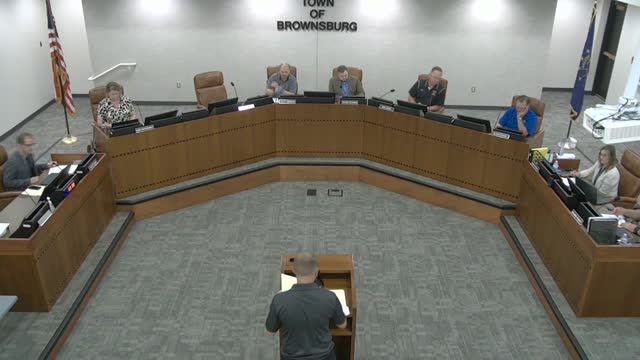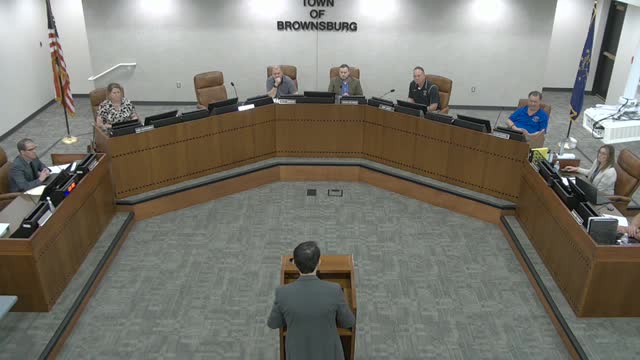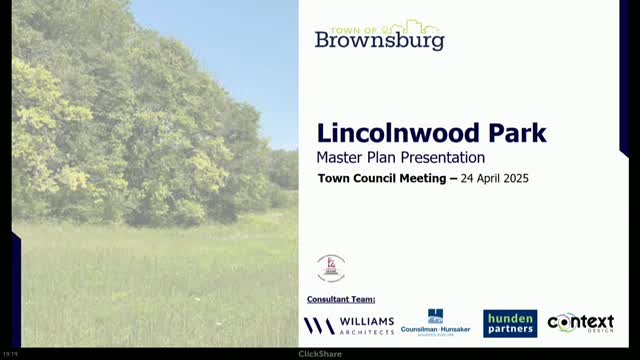Article not found
This article is no longer available. But don't worry—we've gathered other articles that discuss the same topic.

Votes at a glance: Brownsburg council approves minutes, claims docket, resurfacing bid and tax-abatement compliance

Residents ask Brownsburg council to clarify noise ordinance so police can act before 11 p.m.

